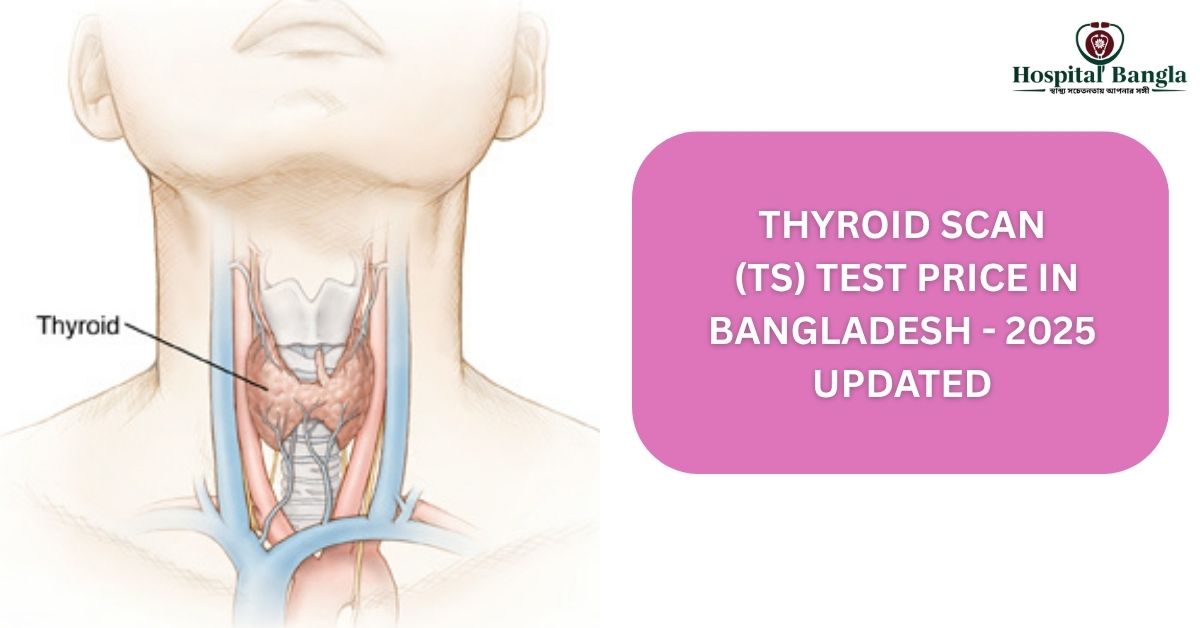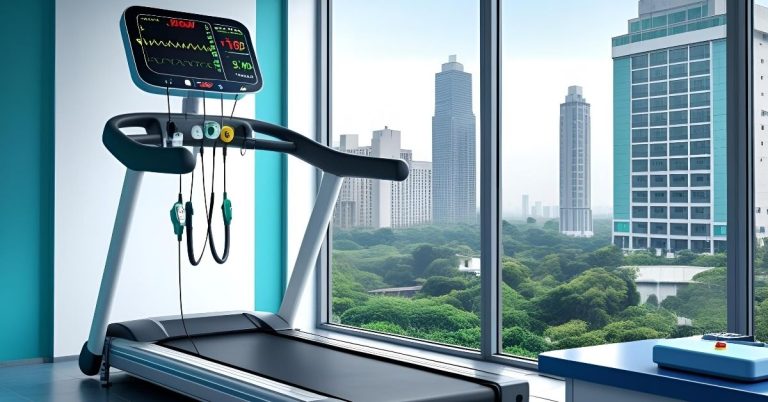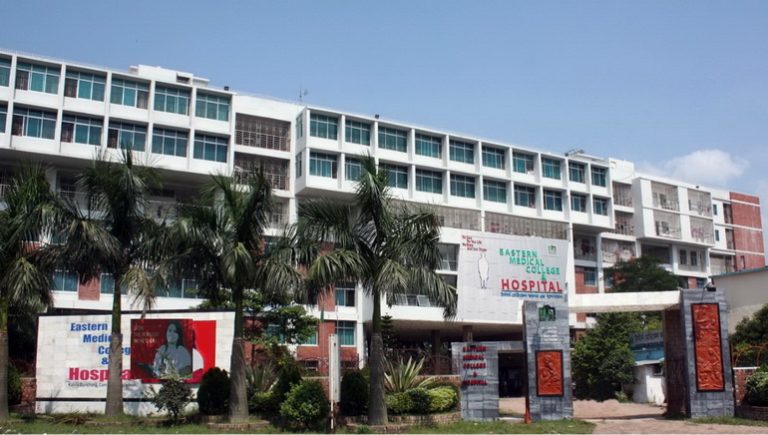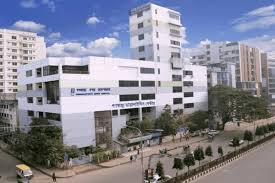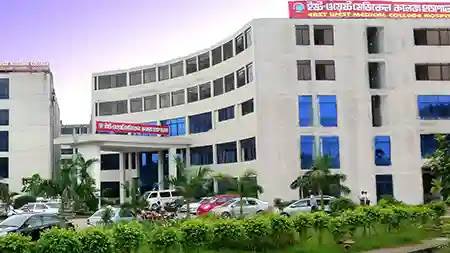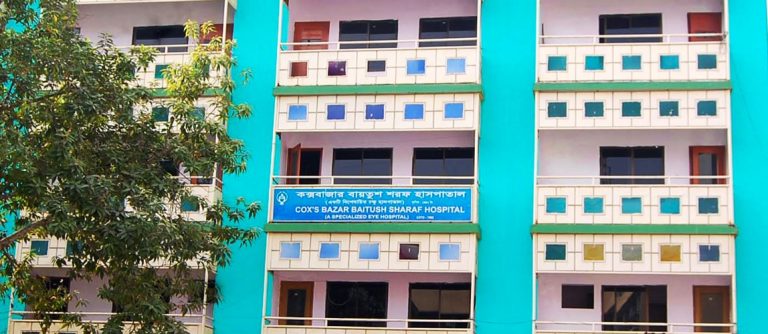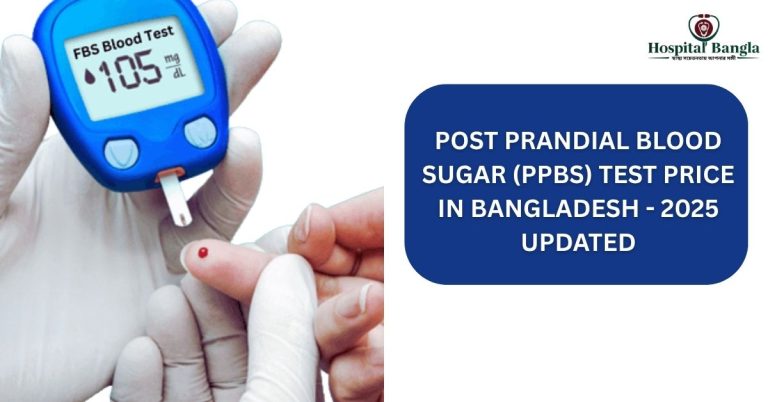Thyroid Scan Test Price in Bangladesh – 2025 Updated
A Thyroid Scan Test, commonly referred to as a thyroid ultrasound (থাইরয়েড আল্ট্রাসাউন্ড) in Bangladesh, is a vital diagnostic tool used to visualize the thyroid gland, a small butterfly-shaped organ in the neck responsible for regulating metabolism through hormone production. This non-invasive test uses high-frequency sound waves to produce detailed images, helping doctors identify abnormalities such as nodules, cysts, goiter, or thyroid cancer. In Bangladesh, thyroid disorders are prevalent, making this test essential for early diagnosis and effective management.
You might need a thyroid ultrasound if you experience symptoms like a lump in the neck, swelling, difficulty swallowing, or if blood tests show abnormal thyroid hormone levels. The test is also used to monitor existing conditions or guide procedures like fine-needle aspiration biopsies. In 2025, the Thyroid Scan Test Price in Bangladesh typically ranges from 500 to 2000 BDT, depending on whether you visit a government or private facility. For instance, government hospitals like INMAS Chittagong offer lower prices, while private centers like Ibn Sina may charge more. This article provides a detailed overview of the test, its preparation, results, and a comprehensive price comparison across hospitals in Bangladesh.
What is a Thyroid Scan Test?
A thyroid ultrasound, often called a Thyroid Scan Test in Bangladesh, is a non-invasive imaging procedure that uses sound waves to create real-time images of the thyroid gland. Unlike a nuclear medicine thyroid scan, which uses radioactive tracers to assess thyroid function, an ultrasound focuses on the gland’s structure, size, and shape. It is performed using a handheld device called a transducer, which is moved over the neck to capture images displayed on a screen.
What It Measures and Its Clinical Significance
The test evaluates:
- Size and Shape: Determines if the thyroid is enlarged (goiter) or abnormally small.
- Echogenicity: Assesses the gland’s texture to identify uniformity or irregularities.
- Nodules or Masses: Detects lumps, cysts, or tumors, which may be benign or malignant.
- Blood Flow: Uses Doppler ultrasound to evaluate vascularity, which can indicate inflammation or malignancy.
This test is clinically significant because it helps diagnose conditions like thyroid nodules, goiter, thyroiditis, or thyroid cancer. It also aids in monitoring known thyroid conditions and guiding biopsies for suspicious nodules.
Medical Conditions Requiring the Test
A thyroid ultrasound is recommended for:
- Thyroid Nodules: Lumps that may be benign or cancerous.
- Goiter: An enlarged thyroid gland, often due to iodine deficiency or autoimmune disorders.
- Thyroid Cancer: To assess the extent of cancer or monitor post-treatment recurrence.
- Thyroiditis: Inflammation of the thyroid, such as Hashimoto’s thyroiditis.
- Hyperthyroidism/Hypothyroidism: To investigate structural causes of abnormal hormone levels.
Alternative Names
The test is also known as:
- Thyroid Sonography
- Thyroid Echography
- Ultrasonogram of Thyroid Gland (USG-Thyroid)
Note: In some specialized centers like INMAS, a “thyroid scan” may refer to a nuclear medicine scan using radioactive tracers (e.g., Tc-99m or I-131). This article focuses on thyroid ultrasound, as it is more commonly referred to as a Thyroid Scan Test in the provided data and private hospital contexts.
When is a Thyroid Scan Test Recommended?
A thyroid ultrasound is recommended when specific symptoms or conditions suggest a thyroid issue. Doctors use the results to diagnose, monitor, or guide treatment for thyroid disorders.
Symptoms and Conditions
You may need a thyroid ultrasound if you experience:
- A palpable lump or swelling in the neck.
- Difficulty swallowing or breathing.
- Unexplained weight loss or gain, fatigue, or changes in heart rate.
- Abnormal thyroid function test results (e.g., high or low TSH, T3, or T4 levels).
- Family history of thyroid disease or cancer.
Diagnostic Use
Doctors use thyroid ultrasound results to:
- Identify whether nodules are solid, cystic, or mixed, and assess their risk of malignancy.
- Determine the size and extent of a goiter or thyroid cancer.
- Guide fine-needle aspiration cytology (FNAC) for suspicious nodules.
- Monitor changes in known thyroid conditions over time.
Screening, Monitoring, or Diagnosis
The test is primarily used for diagnosis and monitoring rather than routine screening. It is ordered when clinical symptoms or blood tests indicate a thyroid issue. For patients with known thyroid nodules or cancer, regular ultrasounds (every 6-12 months) may be recommended to track changes.
Thyroid Scan Test Preparation
Preparing for a thyroid ultrasound is straightforward, making it a convenient diagnostic option.
Fasting Requirements
- No fasting is required. Patients can eat and drink normally before the test.
- Drinking water is encouraged to stay hydrated, but it does not affect the results.
Medications
- Most medications do not interfere with the test. However, inform your doctor about any medications, especially those affecting thyroid function (e.g., levothyroxine, carbimazole).
- If a nuclear medicine thyroid scan is being performed (less common), certain medications like antithyroid drugs may need to be paused.
Sample Collection Process
- Procedure: You will lie on an exam table with your neck extended, often with a pillow under your shoulders. A water-based gel is applied to the neck to enhance sound wave transmission. The sonographer moves a transducer over the area to capture images.
- Duration: The test takes approximately 15-30 minutes and is painless.
- Comfort: Wear loose clothing to allow easy access to the neck. Avoid wearing jewelry around the neck.
Additional Notes
- The test is safe, with no radiation exposure, making it suitable for pregnant women and children.
- Inform the technician if you have any neck injuries or conditions that may affect positioning.
Thyroid Scan Test Price List in Government Hospitals in Bangladesh
Government hospitals in Bangladesh typically offer lower prices for diagnostic tests due to subsidies. Below is a table of thyroid ultrasound prices based on available data for 2025. Note that specific prices for some hospitals were not found, so contact the facilities for confirmation.
| Hospital Name | Location | Thyroid Scan Test Price (BDT) | Contact Number |
|---|---|---|---|
| Institute of Nuclear Medicine and Allied Sciences (INMAS) | Chittagong | 500 – 1000 | +880-31-658242 |
| INMAS Dinajpur | Dinajpur | Not available | +880-531-64202 |
| Dhaka Medical College Hospital (DMCH) | Dhaka | Not available | +880-2-55165088 |
| Bangabandhu Sheikh Mujib Medical University (BSMMU) | Dhaka | Not available | +880-2-55165760 |
| Sir Salimullah Medical College Mitford Hospital | Dhaka | Not available | +880-2-57315076 |
| Chittagong Medical College Hospital | Chittagong | Not available | +880-31-619400 |
| Rajshahi Medical College Hospital | Rajshahi | Not available | +880-721-772150 |
Note: Prices for INMAS Chittagong are sourced from their service rate chart (INMAS Chittagong). For other hospitals, ultrasound prices are likely in the 500-1000 BDT range, but exact figures were not available. Contact hospitals directly for the latest pricing.
Thyroid Scan Test Price List in Private Hospitals in Bangladesh
Private hospitals and diagnostic centers in Bangladesh offer advanced facilities but charge higher prices. Below is a table of thyroid ultrasound prices for 2025, based on provided data and web research.
| Hospital/Diagnostic Center | Location | Thyroid Scan Test Price (BDT) | Contact Number |
|---|---|---|---|
| Popular Diagnostic Centre | Dhaka | 2000 | 09666-787801 |
| Ibn Sina Diagnostic & Consultation Center | Dhaka | 1500 – 2000 | +880-9610-010616 |
| Epic Healthcare | Dhaka | 1500 – 2000 | +880-9612-345678 |
| Healthcare Diagnostics Center Ltd. | Dhaka | 700 | 10662 |
| Square Hospitals Ltd. | Dhaka | Not available | 10616 |
| United Hospital | Dhaka | Not available | +880-2-8836000 |
| Labaid Cancer Hospital & Super Speciality Centre | Dhaka | Not available | +880-2-4100108 |
| Ibrahim Cardiac Hospital & Research Institute | Dhaka | Not available | +880-2-9671141 |
| Thyrocare Bangladesh Limited | Dhaka | Not available | +880-9666737373 |
| Evercare Hospital Dhaka | Dhaka | Not available | +880-2-8431661 |
Note: Prices for Popular, Ibn Sina, Epic, and Healthcare Diagnostics are sourced from provided data and web research (Popular Diagnostic, Ibn Sina). Other hospitals may offer thyroid ultrasounds, but specific prices were not found. Contact facilities for updated pricing.
Understanding Thyroid Scan Test Results
Interpreting thyroid ultrasound results requires a trained radiologist or endocrinologist, but understanding the basics can help you discuss findings with your doctor.
Normal Range
- Appearance: A normal thyroid gland is uniform, with medium to high echogenicity, measuring approximately 4-6 cm in length and 1-2 cm in thickness.
- No Abnormalities: No nodules, cysts, or irregular masses are present.
- Blood Flow: Normal vascularity without excessive blood flow.
Abnormal Results
Abnormal findings may include:
- Nodules: Solid, cystic, or mixed nodules. Features like irregular borders, microcalcifications, or increased vascularity suggest a higher risk of malignancy.
- Goiter: An enlarged thyroid gland, often due to iodine deficiency or autoimmune conditions.
- Thyroiditis: Inflammation causing irregular echogenicity.
- Cysts or Tumors: Fluid-filled cysts or solid tumors, which may require further testing like FNAC.
Factors Affecting Results
- Operator Skill: The experience of the sonographer affects image quality.
- Equipment Quality: High-resolution ultrasound machines provide clearer images.
- Patient Positioning: Incorrect neck positioning may obscure parts of the gland.
- Medications or Conditions: Rarely, certain conditions may alter thyroid appearance.
When to Consult a Doctor
If your ultrasound shows nodules, goiter, or other abnormalities, consult an endocrinologist or thyroid specialist. They may recommend additional tests, such as a biopsy or blood tests (e.g., TSH, T3, T4), to determine the cause and appropriate treatment. Early consultation is crucial for conditions like thyroid cancer.
Frequently Asked Questions
How accurate is a thyroid ultrasound?
Thyroid ultrasound is highly accurate for detecting structural abnormalities like nodules or goiter. However, it cannot confirm whether a nodule is cancerous; a biopsy (FNAC) is needed for that (Thyroid Ultrasound).
How long does it take to get results?
Results are typically available immediately, as images are interpreted in real-time. A detailed report may take 1-3 days, depending on the facility.
Is the test covered by insurance?
Insurance coverage for thyroid ultrasound varies in Bangladesh. Check with your insurance provider to confirm if diagnostic imaging is included in your plan.
How often should I have a thyroid ultrasound?
The frequency depends on your condition. For thyroid nodules, follow-up ultrasounds may be recommended every 6-12 months, based on malignancy risk (Thyroid Ultrasound).
What is the difference between a thyroid ultrasound and a thyroid scan?
A thyroid ultrasound uses sound waves to image the thyroid’s structure, while a thyroid scan (nuclear medicine) uses radioactive tracers to assess function. Ultrasounds are more common in Bangladesh, while scans are available in specialized centers like INMAS (Thyroid Scan).
Is any preparation needed?
No special preparation is required. You can eat and drink normally, but avoid wearing jewelry around the neck.
Is the test painful?
The test is painless and non-invasive, involving only the application of gel and gentle pressure from the transducer.
Conclusion
The Thyroid Scan Test, or thyroid ultrasound, is a critical tool for diagnosing and managing thyroid disorders in Bangladesh, where thyroid issues are common. With prices ranging from 500 BDT in government hospitals to 2000 BDT in private facilities, comparing costs can help you find an affordable option without compromising quality. The test’s non-invasive nature and minimal preparation make it accessible for most patients. For the latest Thyroid Scan Test Price in Bangladesh, visit HospitalBangla.com and contact hospitals directly to confirm pricing and availability. Always consult a healthcare provider to interpret results and plan treatment, ensuring timely management of thyroid conditions.

